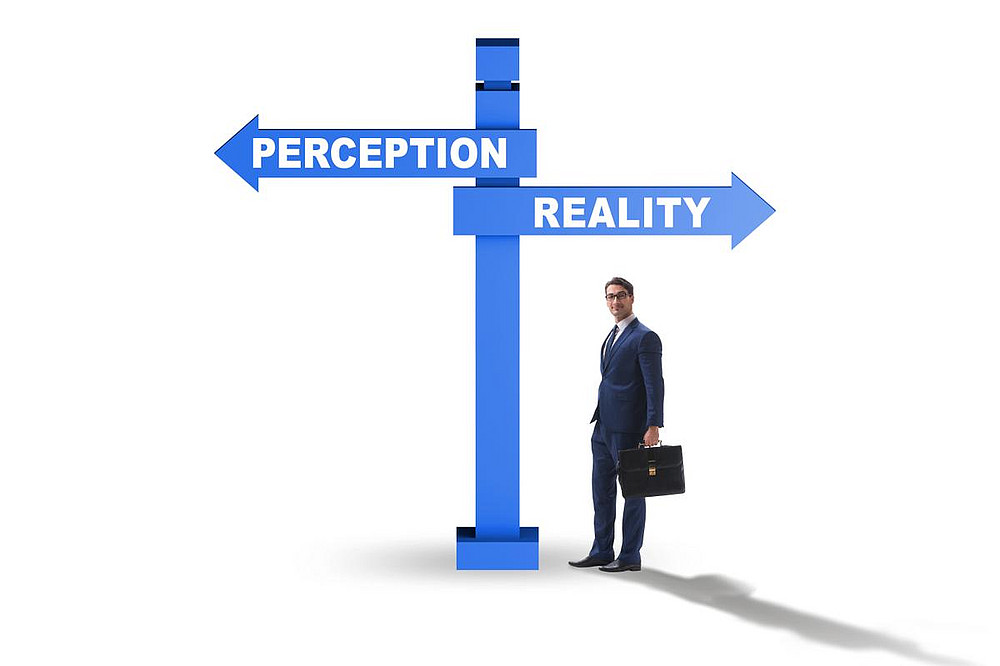Study of transitions in binocular rivalry
Investigation of the transitional phases of binocular rivalry
Our eyes always receive identical visual images. No matter whether we look with our left eye or the right eye, we see the same thing. This principle is violated during a visual illusion called binocular rivalry. Binocular rivalry is perceived when each eye is confronted with a different picture. The visual system cannot merge different images into one, and the viewer perceives either the one or the other image for a few seconds in an alternating fashion. When perception changes from one image to the other one, there is a very short transition period, in which a combination of the two pictures is perceived. Although the external visual image in front of the eyes is always the same, the subjective perception of the observer during binocular rivalry is always changing. This makes it a popular paradigm to study the relationship between brain and consciousness. Recently, interest in binocular rivalry has also increased in the context of neuropsychiatric disorders. People with autism and ADHD (attention deficit and hyperactivity disorder) experience longer transitions between the two images in binocular rivalry compared to healthy control participants. The longer the duration of the transitions, the more pronounced are the symptoms of the respective disorder.
Previous studies have treated the transition phases in binocular rivalry as a single event. However, scientific evidence suggests that there are different types of transitions that differ in their appearance and probably also in their properties. In this project, we will systematically investigate the transitions between the two images during binocular rivalry. We will determine the types of transitions and study how different experimental factors affect their appearance.
This project will advance our understanding of the phenomenon of binocular rivalry, and thus of the relationship between brain and consciousness. In addition, knowledge about the transition types and their properties is important for further research into neuropsychiatric disorders such as ADHD and autism.
